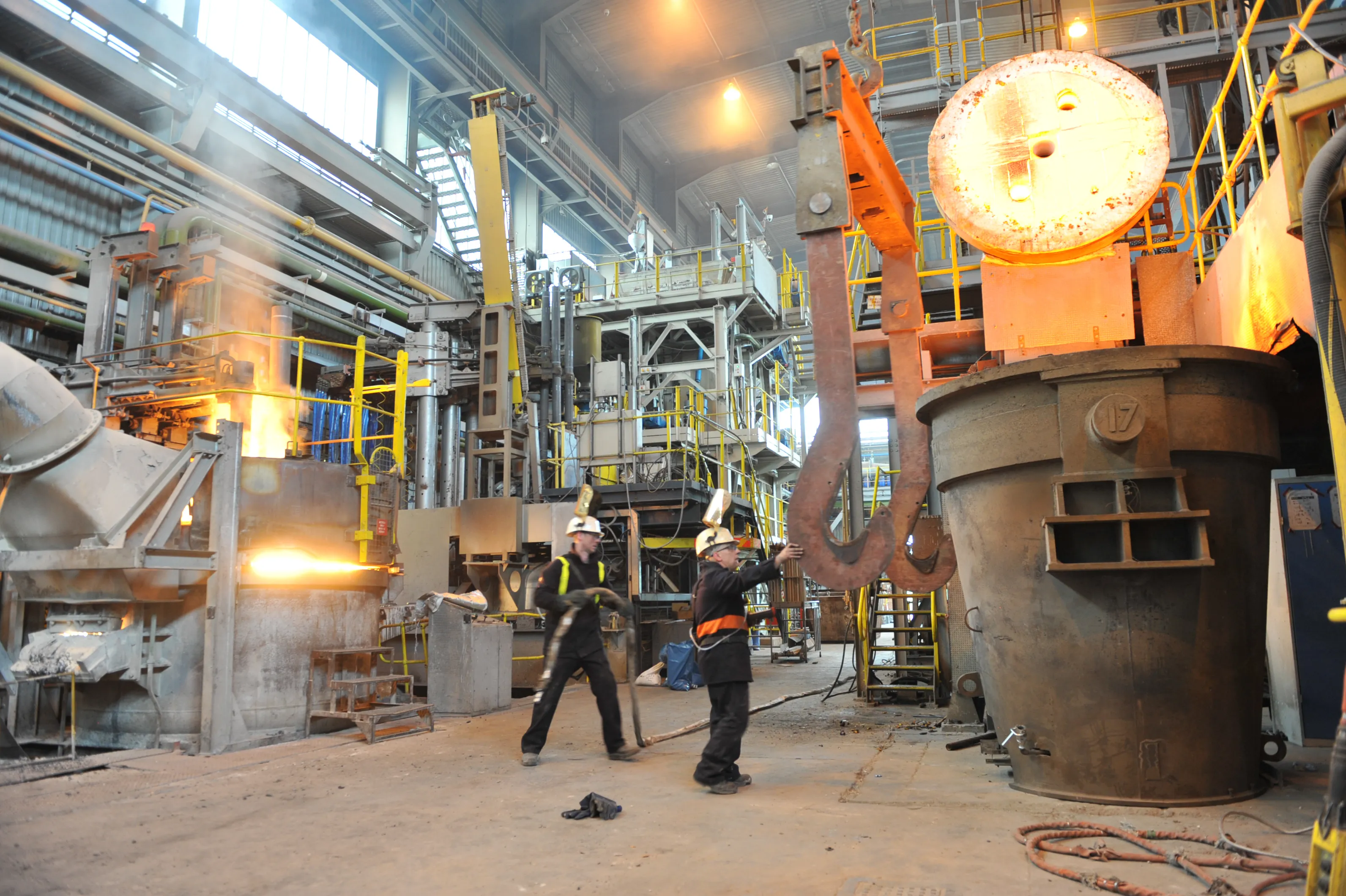Mumbai will suffer gridlock in the future unless key measures are taken. That is the conclusion of a new report from the International Transport Forum (ITF). The city could see traffic growth of up to 3000% by 2050 compared with vehicle use for 2015. Meanwhile this massive growth in vehicle traffic could also result in a huge jump in vehicle emissions, with CO2 emissions growing 706% over the same period, according to the report.
The ITF produced the report on Mumbai’s traffic issues through the Organisa
December 7, 2016
Read time: 2 mins
Mumbai will suffer gridlock in the future unless key measures are taken. That is the conclusion of a new report from the 1102 International Transport Forum (ITF). The city could see traffic growth of up to 3000% by 2050 compared with vehicle use for 2015. Meanwhile this massive growth in vehicle traffic could also result in a huge jump in vehicle emissions, with CO2 emissions growing 706% over the same period, according to the report.
The ITF produced the report on Mumbai’s traffic issues through the3685 Organisation for Economic Co-operation and Development (OECD). The report also predicts that because of the city’s rapid rate of urbanisation, transport in Mumbai will account for 4 million tonnes of CO2 by 2030, unless the authorities deliver better strategies for integrating land development and transport plans.
According to the report, the transport sector accounts for 17.41% of greenhouse gas (GHG) emissions in Mumbai, making it the second largest contributor, just below the domestic sector that generates 37.2% of GHG emissions.
Although Mumbai’s public transport systems are extensive and well used, further development is required to prevent an over-reliance on private vehicles. And new public transport plans also have to incorporate lower emission policies according to the report.
The ITF produced the report on Mumbai’s traffic issues through the
According to the report, the transport sector accounts for 17.41% of greenhouse gas (GHG) emissions in Mumbai, making it the second largest contributor, just below the domestic sector that generates 37.2% of GHG emissions.
Although Mumbai’s public transport systems are extensive and well used, further development is required to prevent an over-reliance on private vehicles. And new public transport plans also have to incorporate lower emission policies according to the report.







